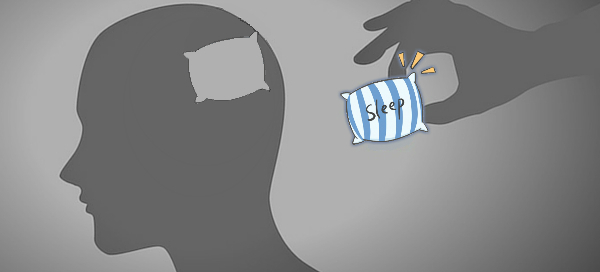Research

Sleep is frequently disturbed in people who suffer from mental health disorders. There are a number of interventions that target sleep, including cognitive behavioral therapy for insomnia and light therapy, that have been shown to have beneficial effects on mental health symptoms. This bidirectional relationship between sleep and mental health is a crucial intersection for investigation in order to improve current treatments and identify new targets for intervention.
The Sleep Neurobiology and Psychopathology (SNaP) Laboratory investigates the relationships between sleep disturbance and mental health with a goal of informing the development of novel treatments. We are particularly interested in the following areas:
Trans-diagnostic
1. Genomics and mechanistic research (Lead: Gehrman)
While the link between sleep and mental health is established, the mechanisms underlying this relationship are not well understood. We’re using a variety of approaches including genomics, metabolomics, and neuroimaging to investigating the biology of sleep disturbance and its mental health effects.
Depression
1. Sleep and Reward (Lead: Boland)
Sleep disturbance and reward processing impairments are well documented in MDD, but little research has been conducted on how these domains may interact to either bring about or maintain the disorder. We’re working on investigating the ways in which both sleep disturbance and sleep deprivation may influence reward processing at both the behavioral and neurobiological levels.
2. Sleep and Neuroplasticity (Lead: Goldschmied)
Changes in neuroplasticity have been suggested to be impaired in MDD, and recent studies have determined that a common factor among rapid antidepressant interventions, including ketamine and sleep deprivation, may be the ability to modulate plasticity. Because sleep slow-wave has been associated with changes in plasticity, slow- wave sleep may be an important target for study in MDD.
Post-traumatic Stress Disorder
1. ANS Activation (Lead: Miller)
Measures of autonomic activation, including heart rate and heart rate variability (HRV), and respiratory sinus arrhythmia (RSA), can yield important information about the heightened physiological activity, or hyperarousal, implicated in PTSD during both waking and sleep. These variables can be longitudinally studied via objective sleep measurement and may be modifiable variables to target in the treatment of trauma-related sleep disturbances.

